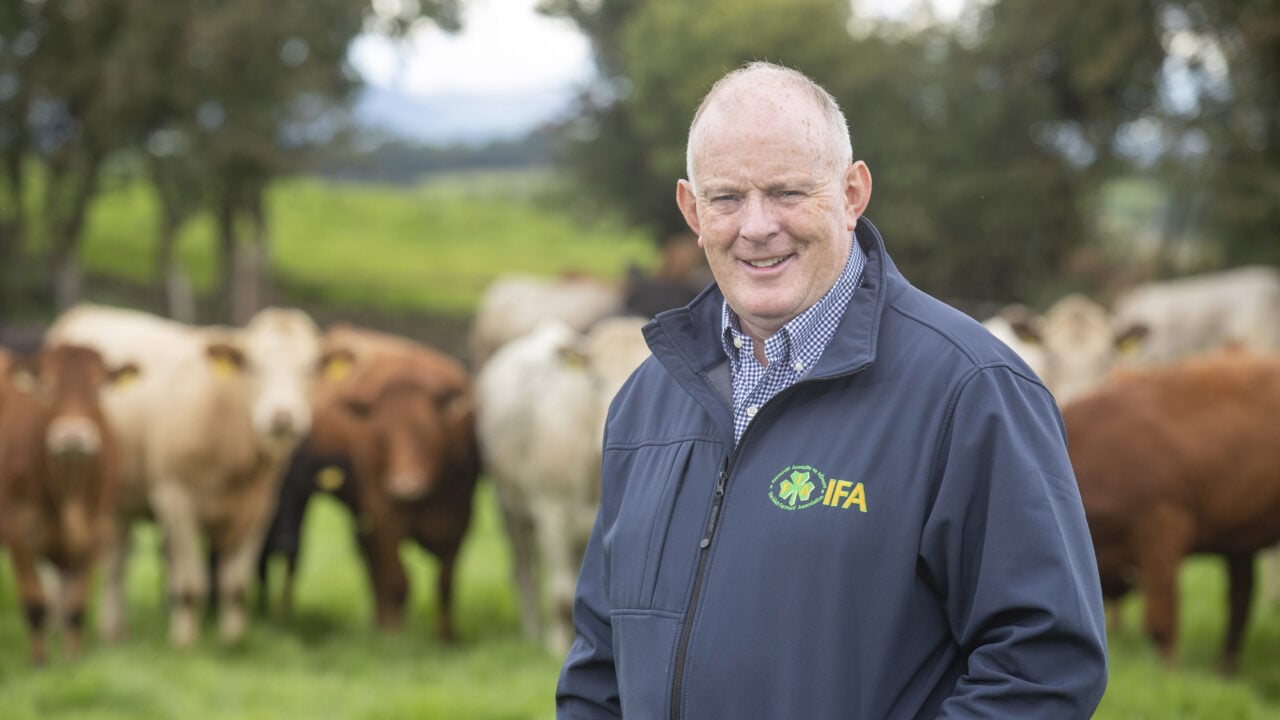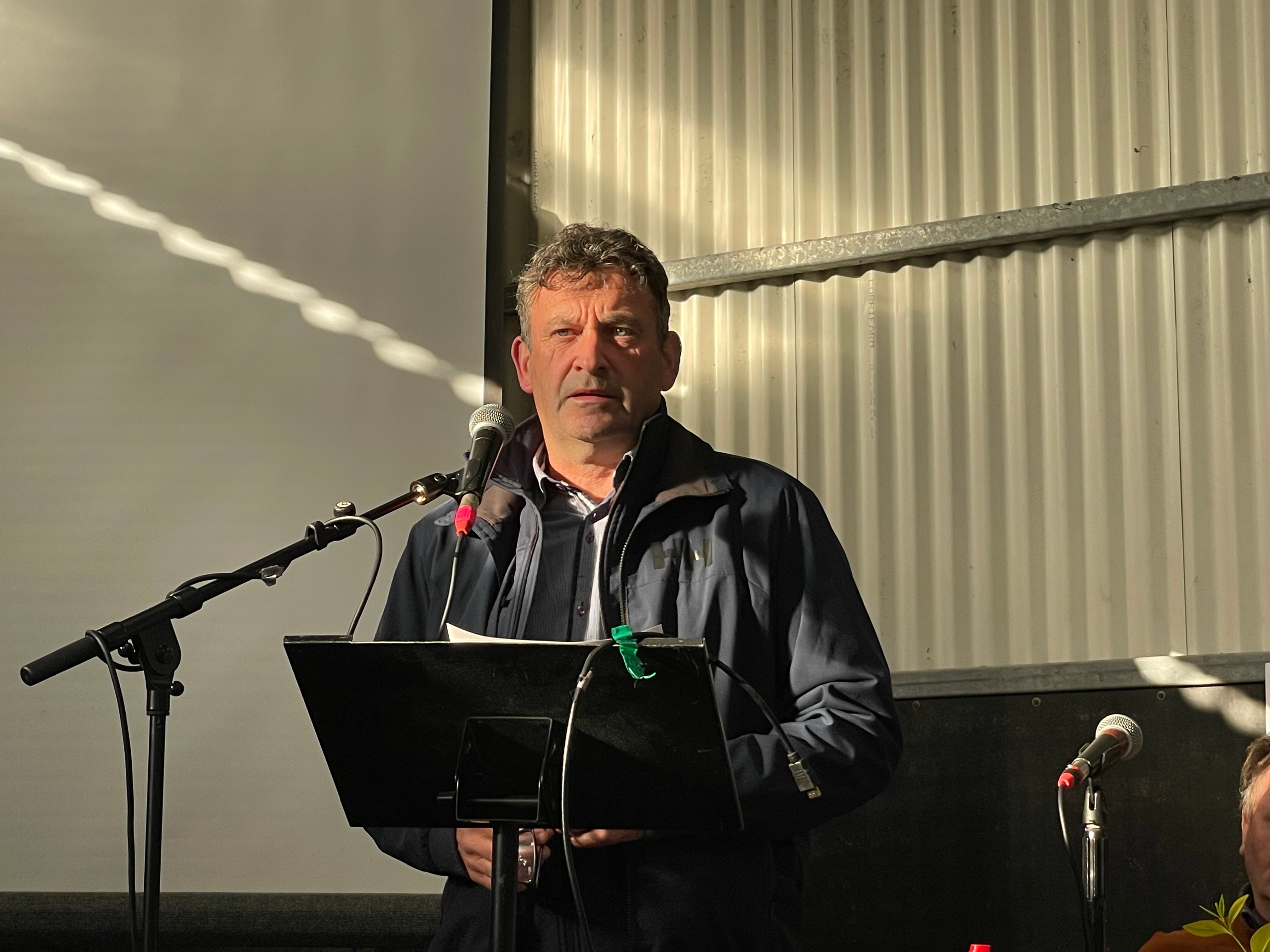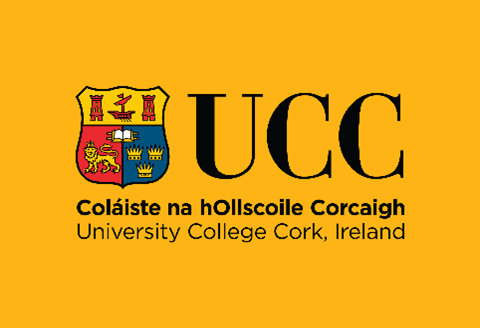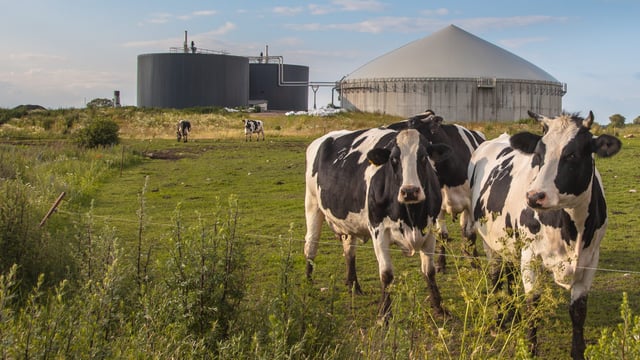Securing 'robust and dedicated CAP budget' main priority - Gorman
The president of the Irish Farmers' Association (IFA) said securing a "robust, dedicated and inflation-adjusted" Common Agricultural Policy (CAP) budget is "an essential starting point".
Francie Gorman said this must be "priority number one" for EU Commissioner for Agriculture Christophe Hansen and Minister for Agriculture, Food and the Marine Martin Heydon.
Next Wednesday (July 16), the European Commission is due to announce its proposals for the next Multiannual Financial Framework (MFF) or long-term EU budget.
Proposals on the format of the CAP post-2027 are also set to be revealed by the commission.
“The finer details of CAP - the need for its traditional two-pillar structure and better targeting and redistribution of payments to the genuine active farmer – are important, but if the CAP budget within the MFF is not retained, we are on the hind foot from the start.
"It becomes a very different conversation then as to the targeting of funds and ‘who needs it most’,” Gorman said.
The IFA president acknowledged the many pressures facing the wider EU budget, but said that "new priorities should not dampen the fundamental importance of existing priorities".
"Agriculture and food security remain as important strategically as ever,” he said.
“We are getting very mixed messages at the minute in Brussels from different quarters as to what the EU Commission proposals for the MFF and new CAP proposals next Wednesday might look like.
"It seems the commission’s single fund approach, despite broad resistance, still appears to be on the table.
"Some are saying CAP will be inside the Single Fund; others are saying it will be outside. Some are saying the next CAP will have only one pillar; others are saying the two-pillar structure will be preserved.
"Others again say that while Pillar I income supports (BISS; CRISS etc) will remain, some Pillar II rural development supports may be lost to other funds, such as the Cohesion Fund,” Gorman added.
IFA Rural Development Committee chair John Curran said: "The Single Fund proposal would be the end of CAP as we know it and could potentially have massive consequences for Irish agriculture, particularly the vulnerable sectors and how they are supported”.
“We all have seen the implementation challenges of under-resourced and poorly designed farm schemes last time round.
"This needs to be avoided, but fundamentally we need to be starting from solid footings and a robust CAP budget,” he added.
The IFA has circulated its CAP post-2027 principles document within Europe and to Irish MEPs, while it has also carried out "high-level analysis" on the contribution of CAP in the Irish context.
"For Pillar II alone, it’s worth €875 million a year or close on €8,000 per farm, with its relative importance greater the further west you travel
“These Pillar II supports are all commission priorities too – innovation; young farmers; organics; agri-environment etc were all called out within the Commission’s Vision for Agriculture and Food report.
"It’s nonsensical and outright contradictory if the commission were to merge these into other broader non-agri specific funds.
"The problems in rural areas will not be solved by moving financial support away from farmers,” Curran said.
The IFA has also urged its members to sign a petition by Copa Cogeca on the need for a robust, dedicated and fully-funded two-Pillar CAP.






